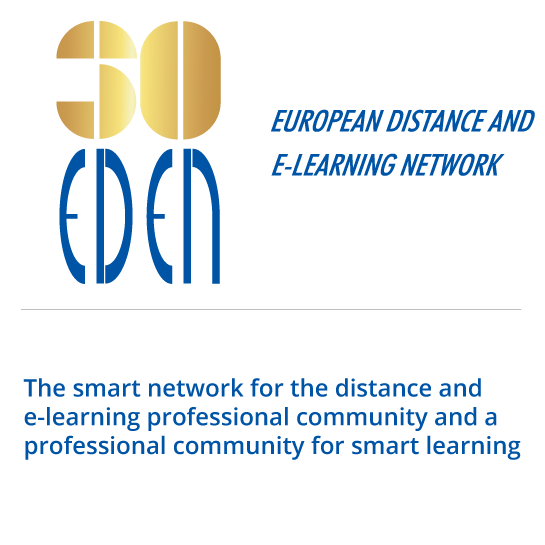Format: Panel discussion
Description:
Technology has been changing the landscape of education for years and one of the greatest advancements has been in distance education. ICTs have been playing an important role in the delivery strategies of distance learning and providing a variety of new techniques for educators and learners to enhance their knowledge. Distance education is growing in popularity globally, maybe not so in Europe as in America, Canada, Australia… More and more learning and classes are taking place online and depending on the technology. We take e-books, online courses, watch videos on YouTube, communicate online, have virtual practices and laboratories, get online certificates and diplomas. The number of online programmes and accessibility for learning are growing every day. While technology brings numerous opportunities for students and teachers, still challenges are opening for distance education as well.
In discussion with distinguished experts join us in the discussion on some of the challenges the distance education is facing:
- how recent technology innovations line VR, AI, AR can be used to support distance learning efficiently and do/can they provide real opportunities in learning?
- with all information available today through numerous communication channels learner attention is easily disrupted and difficulty kept, deep learning is difficult to achieve – how to keep learners’ attention on the course?
- how to create and ensure good quality materials and courses, from the point of online learning in HE to distance education?
- how to protect respectable institutions and good quality programmes from the fake ones?
- MOOCs were at one point taken as a trend that will pass – is it so, and how important MOOCs are for the education?
Panel members:
- Airina Volungevičienė, Vytautas Magnus University, EDEN Senior Fellow, LieDM association
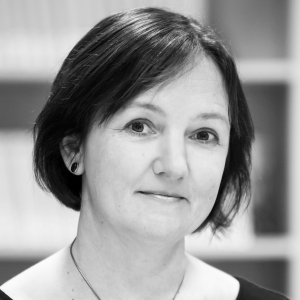 Airina is the Director of Innovative Studies Institute at Vytautas Magnus University, Lithuania and former EDEN president. Assoc. prof. dr. Airina Volungevičienė has been working among leading researchers, methodology specialists and education policymakers in the area of technology enhanced learning (TEL) development in Europe and Lithuania since 1997. Having established the national network for distance and e-learning in the country, then Lithuanian Distance and e-Learning association (2010), she continued as a leader in research and project work to promote the development of TEL in Lithuania and Europe, introducing many innovations in different education organizations from school, VET, adult learning and higher education sectors.
Airina is the Director of Innovative Studies Institute at Vytautas Magnus University, Lithuania and former EDEN president. Assoc. prof. dr. Airina Volungevičienė has been working among leading researchers, methodology specialists and education policymakers in the area of technology enhanced learning (TEL) development in Europe and Lithuania since 1997. Having established the national network for distance and e-learning in the country, then Lithuanian Distance and e-Learning association (2010), she continued as a leader in research and project work to promote the development of TEL in Lithuania and Europe, introducing many innovations in different education organizations from school, VET, adult learning and higher education sectors.
- Jennifer Roberts, Vice President/Publications Officer, ODLAA
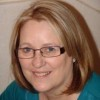
Dr Jenny Roberts is a senior researcher at the Institute for Open and Distance Learning (IODL) at the University of South Africa (Unisa). he is currently a co-editor and contributor to a textbook on the teaching of Life Skills as well as co-editor of the special themed edition of the Distance Education journal. She is the leader of the Unisa research thrust “Technology and the Changing Role of Academics in Distance Education”. She describes herself as a lifelong learner, even at a distance, as can be seen from the fact that she is currently enrolled for various Massive Open Online Courses (MOOCS) in teaching mathematics, psychology and research methodologies. Dr Roberts is the first South African to be elected to the executive committee of the Open and Distance Learning Association of Australia (ODLAA).
- Dean Hoke, USDLA board member president-elect
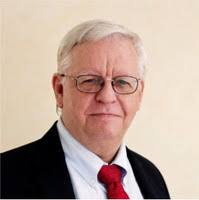
Mr. Hoke has 40 years of progressively responsible and visionary leadership roles in higher education, communications, and eLearning throughout the United States and the United Arab Emirates. He serves as the Managing Partner of Edu Alliance Group a higher education consulting firm. Mr. Hoke began his 40+year career at Bellarmine University in Louisville, KY then joined public broadcasting becoming a General Manager and CEO of three public broadcasting TV and radio stations throughout the United States. In 1998 he co-founded The Connected Learning Network, a comprehensive provider of eLearning services for the educational community in the USA and Europe.
- Svetlana Knyazeva, UNESCO IITE, EDEN Fellow
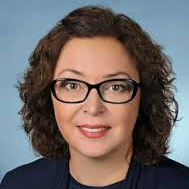
Svetlana Knyazeva holds a PhD in Information and Library Science and is Chief of the Unit of Digital Pedagogy and Learning Materials at the UNESCO Institute of Information Technologies in Education, Moscow. Since 2009, she has been coordinating a project on OER in non-English-speaking countries and promoted OER through analytical and diagnostic studies, strategic advice and facilitation of professional development related to the use of ICT and OER in teaching and learning. Her research interests cover innovative teaching methods and foresight in ICT in education as well.
- Jonatan Castaño Muñoz, EC JRC
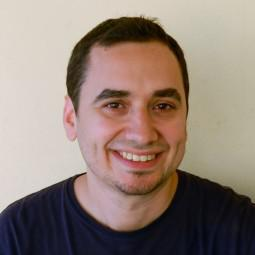 Jonatan is a researcher working at the Joint Research Centre in Seville. He holds a Ph.D. in Information and Knowledge Society and a Master’s in Research Methods for Social Sciences. Jonatan is part of the ICT for Learning and Skills team and his research is focused on the socioeconomic implications of the modernisation of education, especially of the use of e-learning, open education and massive open online courses (MOOCs) in educational systems.
Jonatan is a researcher working at the Joint Research Centre in Seville. He holds a Ph.D. in Information and Knowledge Society and a Master’s in Research Methods for Social Sciences. Jonatan is part of the ICT for Learning and Skills team and his research is focused on the socioeconomic implications of the modernisation of education, especially of the use of e-learning, open education and massive open online courses (MOOCs) in educational systems.
- Sally Reynolds, ATiT
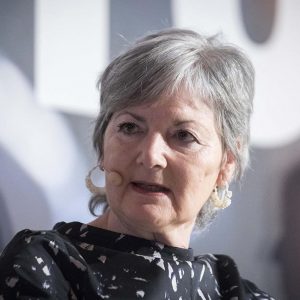
Sally Reynolds is an Irish national with a background in remedial linguistics, Sally first worked in radio and television in Ireland as a presenter and producer for the national broadcaster, RTE specialising in educational programming. From 1990 onwards, she worked in technology enhanced learning networks in Ireland, Germany, The Netherlands and Belgium. She is a Director of ATiT which she co-founded in 1999 where she leads on dissemination and event management, media literacy, and media education from primary through to continuing education and has considerable experience in all levels of European project management from concept through to validation. Sally leads in the organisation of the annual Media & Learning Conference and is actively engaged in the related MEDEA Awards and Media and Learning Association. Through her work with ATiT and the Media & Learning Association, Sally has been involved for many years in media education and media literacy initiatives of one sort or another. Sally is an experienced media producer, event manager and European dissemination strategist.

